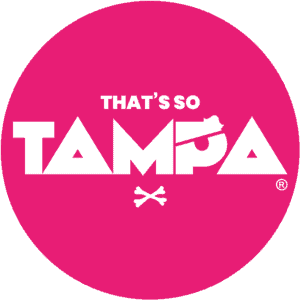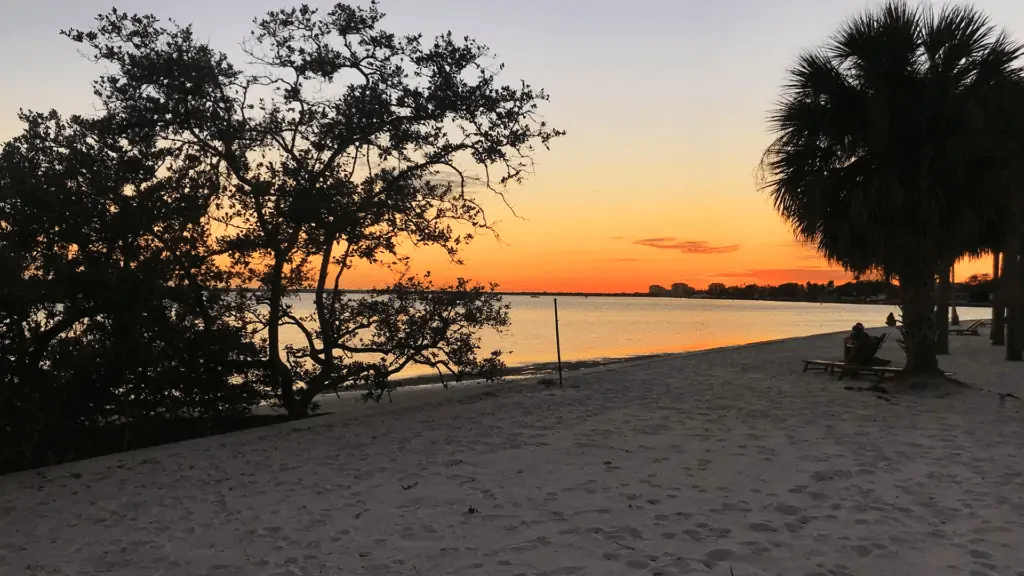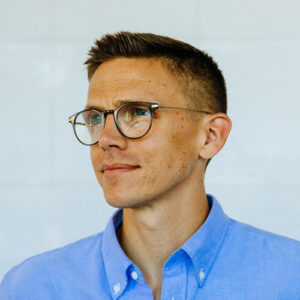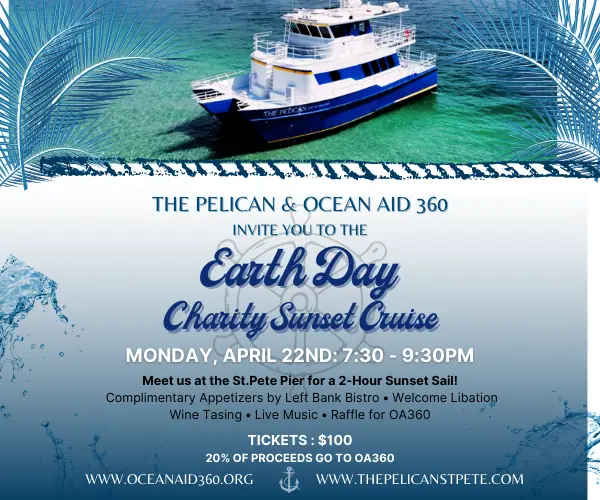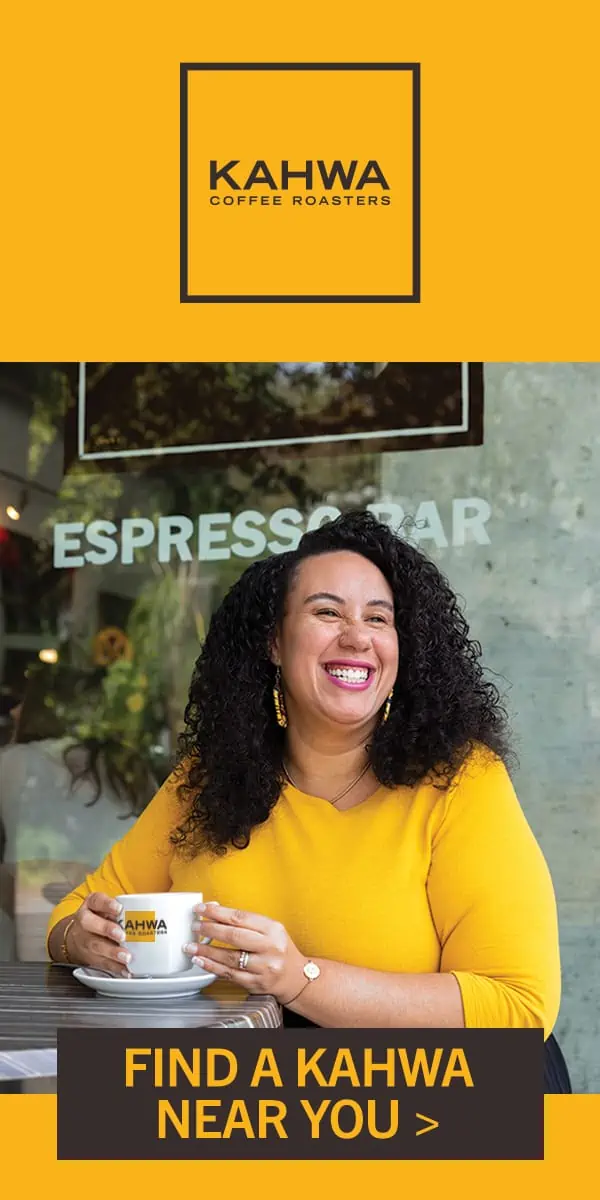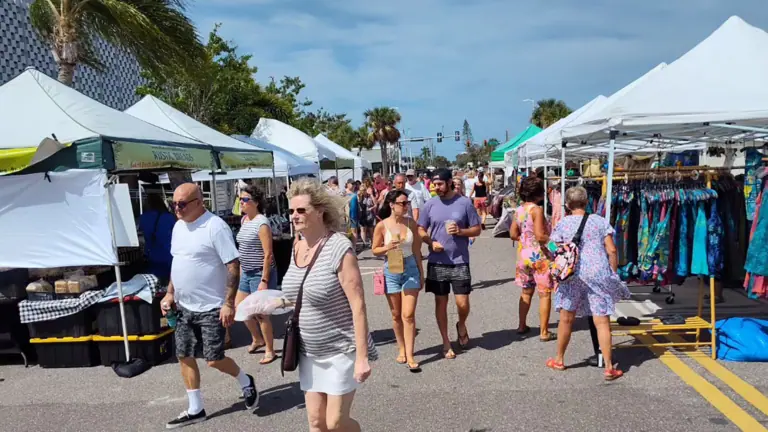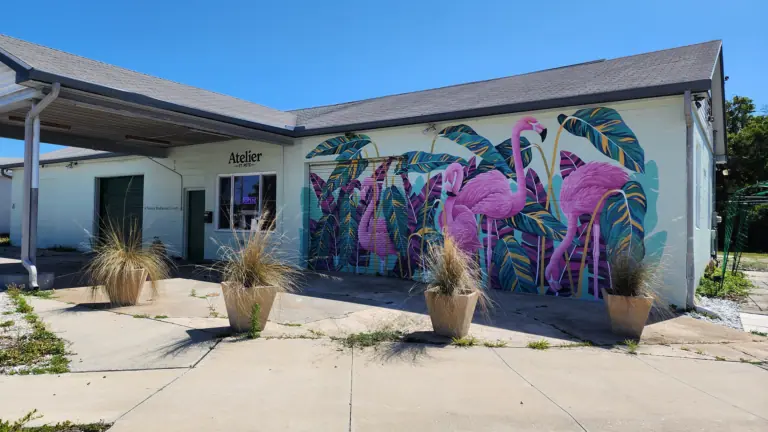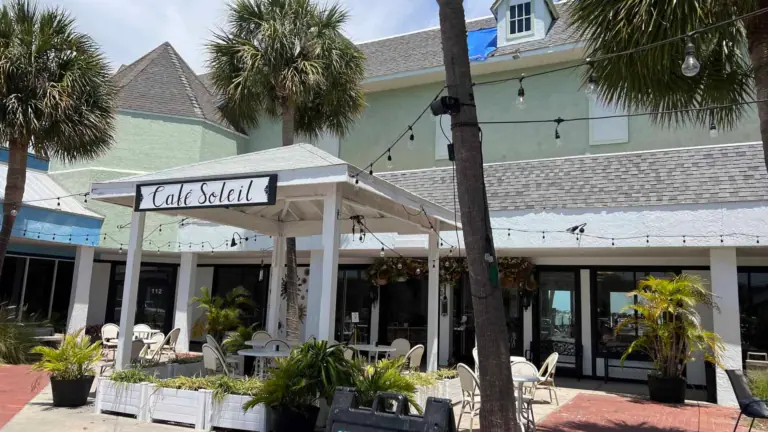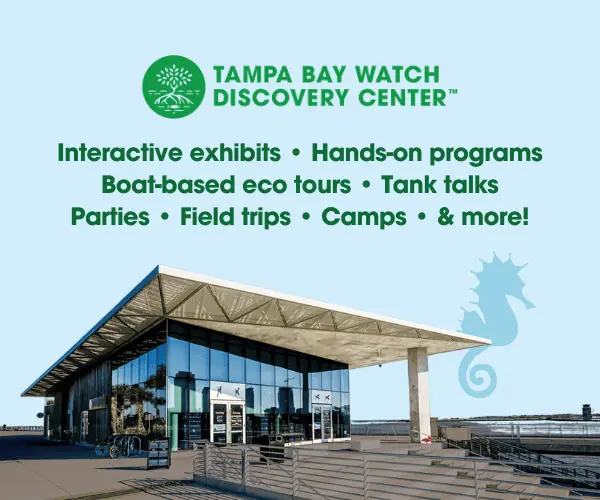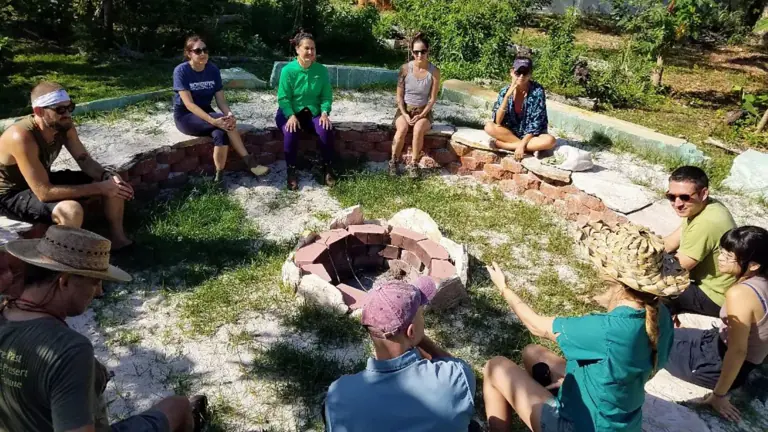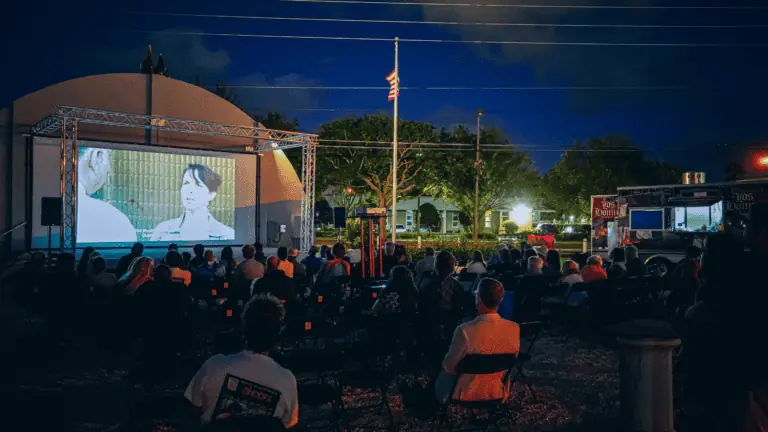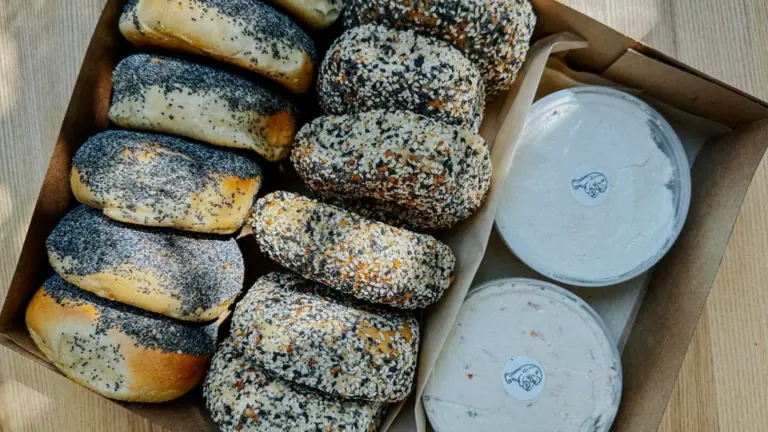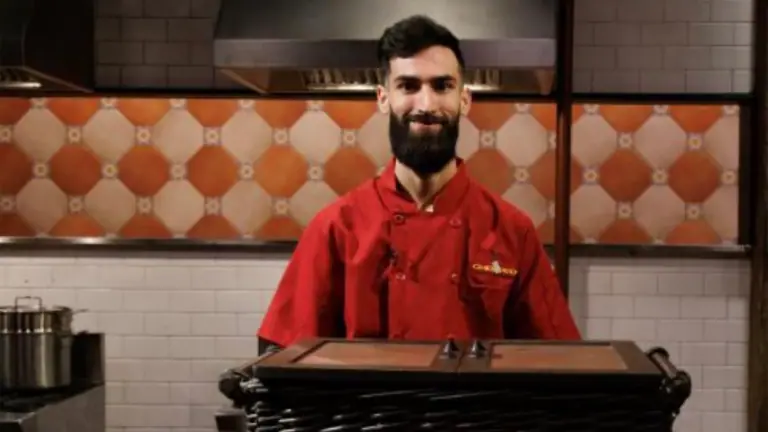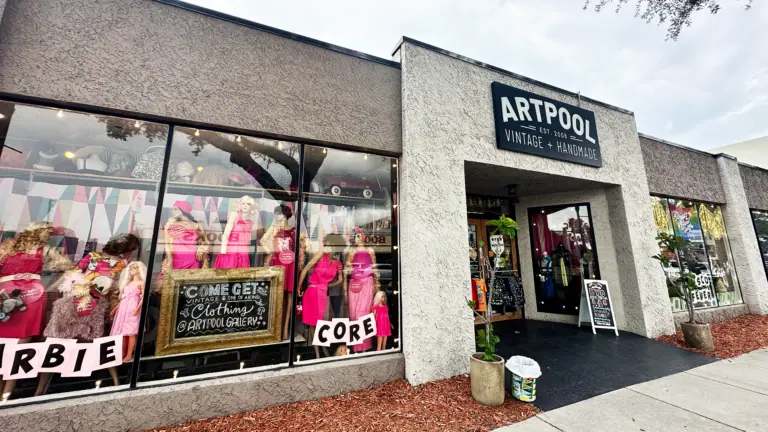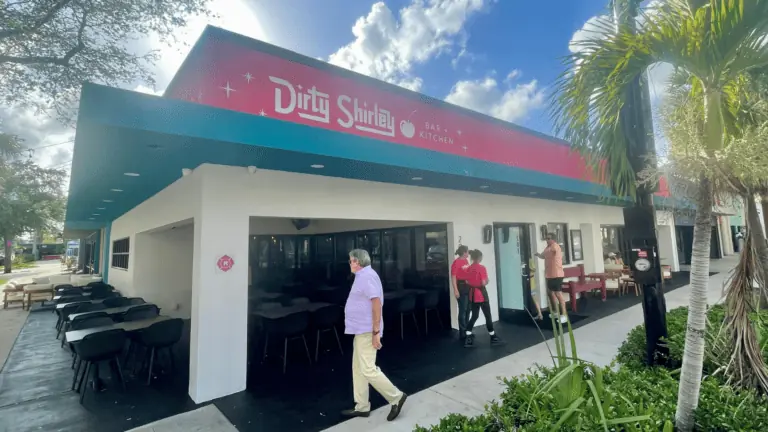Eckerd College faculty have received a near $500,000 grant from Environmental Protection Agency to help diminish plastic consumption in Pinellas County. The academic institution plans to use a $499,638 grant to help Pinellas County residents digitally track their single-use plastic consumption in the hopes of keeping waste out of the Gulf of Mexico.
The three-year grant will extend the work of the Reduce Single-Use project at Eckerd College, a NOAA-funded study spearheaded by Associate Professor of Marine Science Amy Siuda, Ph.D., and Professor of Marine Science and Biology Shannon Gowans, Ph.D. In conjunction with Eckerd’s Office of Sustainability and student organizations, Reduce Single-Use studied on-campus consumption, provided students reusable items, created on-campus plastic-reduction challenges and offered workshops on creating alternatives to single-use plastic products.
ADVERTISEMENT
Creating an app to combat single use plastic consumption
This represents a running commitment from a new generation of Florida residents to protect all that makes the Sunshine State so beautiful.
Participants in the long running plastic reduction challenge indicated the desire for a tracking app. It’s akin to a Fitbit for sustainability. The team tapped Eckerd College Professor of Computer Science Kelly Debure, Ph.D., and her app-development students to create a beta model to be used at Eckerd and the University of North Florida for research purposes.
“We got a lot of feedback,” Gowans says. “It was clear that the app was a fantastic tool to reduce plastic use, but also we were going to need to partner with a professional firm if we wanted to take this beyond campus.”
ADVERTISEMENT
Community partners—including the City of St. Petersburg, Keep Pinellas Beautiful, Tampa Bay Estuary Program, Tampa Bay Watch, Suncoast Rise Above Plastics Coalition (SRAP), St. Pete Youth Farm, and Arts Conservatory for Teens (ACT)—will collaborate with the team to hold community engagement opportunities, promote the finished product, and drive users toward downloading and using the app.
Eckerd working with the city of St. Pete, Tampa Bay Watch
“The City of St. Pete is proud of Eckerd College and our many community collaborators in their work to reduce waste, single-use plastics and litter,” says Sharon Wright, the City’s director of the Office of Sustainability & Resilience. “We look forward to this upcoming work to improve our beautiful natural environment.”
“We look forward to using the data collected from this app to further support the City’s Waste Reduction commitment and influence other municipalities in our esteemed Florida ecosystem to create their own plastic-waste-reduction plans,” said Carrie Ruckdeschel, a spokesperson for SRAP.
Gowans and Siuda will hire four student interns who will work alongside Eckerd’s Offices of Service-Learning and Marketing and Communications to launch the interdisciplinary program, which will tap into psychology, sociology, marketing and economics disciplines to produce data that could once again inform institutional change. Student involvement will extend beyond Eckerd’s campus as well.
Educating the community on conservation efforts
“It is critical for the Arts Conservatory for Teens to be an active participant in raising awareness by educating the greater community of the importance of each doing her/his/their part to make our planet Earth, [for] all its inhabitants, a safer/cleaner/healthier place to live, work and play,” says Alex Harris, Ed.D., co-founder/CEO of ACT.
“Twenty years ago, people were very opposed to the role of science in advocacy,” Siuda says. “Today it is very acceptable for scientists to share their expertise to make a difference. We see it in the work we do recording the volume of microplastics in Tampa Bay. We need to educate the public directly in order to prevent more microplastics from entering the waterway.”
What to read next:
- Where to get Girl Scout Cookies in St. Petersburg
- Gasparilla Festival of the Arts returns to Riverfront Park
- ‘Burg Built: Jon LaBudde celebrates 40 years operating Reno Beach Surf Shop
- New Roman Baroque exhibit opens at Museum of Fine Arts
- Saturday Morning Market relocates for Firestone Grand Prix
ADVERTISEMENT


